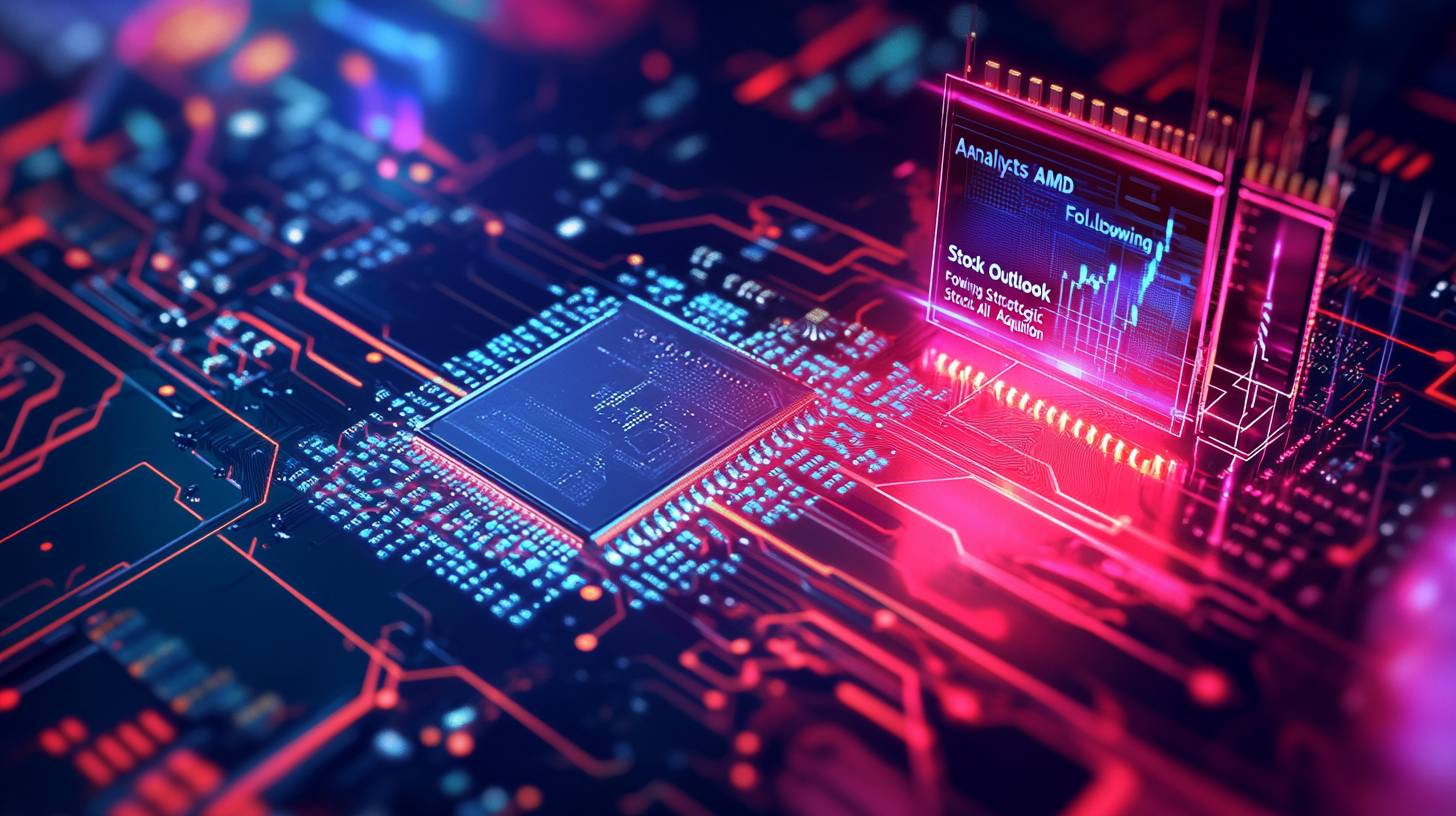
AMD’s strategic acquisitions and focus on AI
Advanced Micro Devices (AMD) revealed on August 19 a definitive agreement to acquire ZT Systems, a provider of AI infrastructure, for .9 billion. This acquisition is anticipated to boost AMD’s non-GAAP earnings by the conclusion of 2025.
Founded in 1994 and located in New Jersey, ZT Systems is a private firm that specializes in complex computing, storage, and accelerator solutions. With approximate annual revenues around billion, its prominent clients include Amazon’s AWS and Microsoft’s Azure.
Lisa Su, AMD’s CEO, pointed out that ZT Systems could facilitate AMD in “selling more GPUs.” AMD intends to separate ZT’s server manufacturing operations once the deal is finalized, as it does not plan to compete with firms like Super Micro Computer.
AMD primarily concentrates on the AI chip sector, where it is vying against its larger competitor, Nvidia, which commands 80% of the market share.
Earlier acquisitions highlight AMD’s commitment to AI innovation. On August 12, AMD finalized a smaller acquisition of Silo AI, a private AI lab in Europe, for 5 million. This acquisition is projected to significantly enhance AMD’s pool of AI expertise.
In June, AMD launched various products, including the MI325X accelerator and Ryzen AI 300 processor, with intentions to introduce an upgraded Ryzen AI 300 Pro model this October. The swift product rollout aligns with AMD’s strategy to stay competitive with Nvidia, which aims to release new chips on a “yearly cadence.”
“AI is our top priority, and we’re at the dawn of an incredibly thrilling era for the industry,” Su remarked at the Computex tech conference in Taipei.
Analyst responses and stock performance
Analysts provide diverse viewpoints on AMD’s recent activities, especially the .9 billion acquisition of ZT Systems. BofA has adopted a neutral view towards the deal, characterizing it as a multifaceted transaction primarily intended to secure 1,000 system design engineers. These engineers are expected to drive incremental GPU sales for AMD, potentially strengthening its competitive stance against Nvidia. Despite this cautious outlook, BofA upholds a buy rating on AMD shares, with a price target of 0, indicating that the acquisition could produce favorable results for the company.
Conversely, Oppenheimer maintains a perform rating on AMD, acknowledging that while ZT Systems boosts AMD’s silicon and software capabilities with solutions at the systems level, significant hurdles remain. The analyst noted Nvidia’s stronghold in the AI marketplace, where it commands an 80% share, poses a substantial challenge. Oppenheimer characterized AMD’s path to compete with Nvidia as a “lengthy journey against the entrenched AI giant,” suggesting that achieving success may prove complex.
Wedbush adopts a more hopeful perspective, viewing the acquisition as a strategic maneuver for AMD. The firm observed that AMD likely obtained ZT Systems at a favorable price, possibly due to changes in the design manufacturer market and Foxconn’s growing function in Nvidia’s server supply chain. Wedbush believes that AMD could recoup a significant portion of the acquisition expenses through asset sales, potentially reducing the financial risk tied to the deal. The firm remains cautiously optimistic, affirming an outperform rating on AMD with a 0 price target.
Regarding stock performance, AMD has experienced a modest increase of approximately 12% year-to-date as of August 20, contrasting sharply with Nvidia’s remarkable 160% rise over the same timeframe. After the announcement of the ZT Systems acquisition, AMD shares climbed 4.36% on the subsequent trading day, reflecting investor enthusiasm about the potential benefits of the deal for enhancing the company’s AI capabilities and overall market stature. However, the varied analyst reactions indicate that while the acquisition may represent progress, AMD continues to face considerable challenges in its endeavor to contend with Nvidia’s superiority in the AI chip sector.

